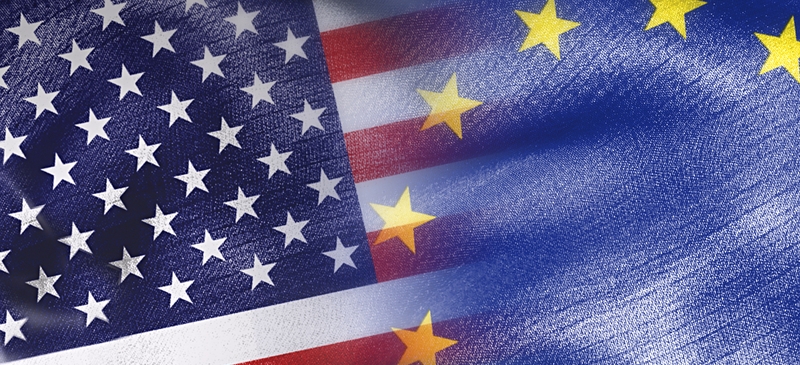
The next US president should forget the League of Democracies
Expectations of a transatlantic honeymoon after the US presidential election are absurdly high. Most Europeans are enjoying the giddy delights of Obamamania, while also thinking that John McCain would do a lot better than the despised George W Bush. Few Europeans have given much thought to the proposed League of Democracies, floated by McCain and senior advisers to Barack Obama. Their proposal is that a club of democratic states should play a significant role in world affairs and help to spread democracy. The Europeans should pay attention, since this proposal could create serious transatlantic stresses and strains.
The idea of an international grouping of democracies is not entirely new. The Clinton administration launched a Community of Democracies, which lingers on in obscurity, having never made the slightest impact on global governance or international politics. The flaws in the concept were clear then, and they are even clearer now.
Does it really make sense to divide countries into democratic sheep and undemocratic goats? Is it wise, so soon after the end of the Cold War, to systematise a division of the world that will give particular pleasure to nostalgic hard-liners in Moscow and Beijing (and perhaps in Washington, too)? Will there not be appalling problems over the classification of countries and their treatment if they slip below the democratic threshold? What increase in legitimacy and legality could any self-selecting body such as this aspire to, if it ever tried to move beyond words to action?
Is there any indication that the great democracies of the developing world – Brazil, India, Indonesia, Mexico and South Africa – would wish to join such a grouping or see it play an active role? A cursory glance at United Nations voting records suggests that most of these countries are strongly opposed to humanitarian intervention and to authorising the use of force.
How would a division of this sort help the world to handle major challenges such as climate change, trade policy, the proliferation of nuclear weapons and the need for nuclear disarmament, each of which requires a genuinely global response? Surely a League of Democracies would be liable to weaken the UN and efforts to reform it?
Europeans should not sit back smugly, content to be on the correct side of such arguments. Nor should they feel ashamed about their record in spreading democracy, having done more than most others through the transformational effect of EU enlargement into Central and Eastern Europe. But they do need to recognise that not all the supporters of a League of Democracies are simply old fashioned neoconservatives looking for another coalition of the willing. There is plenty of discontent in the US and elsewhere with the way that international bodies such as the United Nations are working or malfunctioning, as the recent Security Council deadlock over Zimbabwe revealed.
Europeans also need to recognise that, while many of them could afford not to engage with problems like Iraq and Afghanistan when George W Bush was in the White House, they will no longer be able to do that when a new incumbent enters. If the Europeans are to achieve ‘effective multilateralism’ – the underlying objective of their hitherto patchy and underperforming common foreign and security policy – they must take some responsibility for it, and show the next US president that multilateralism delivers results. That means the Europeans must avoid further foot-dragging if tougher sanctions are needed to dissuade Iran from pursuing its nuclear programme; insist on fewer caveats when deploying forces in Afghanistan; hand out no more summit invitations, and therefore credibility, to the likes of Robert Mugabe; make a more robust European contribution to peace operations world-wide; and give a firm commitment to future EU enlargement. Finally, European governments need to undertake a renewed effort to define and operate a common policy towards Russia – which, among other things, would frustrate Russian efforts to split the two sides of the Atlantic.
If the Europeans and Americans really want to make a new start in 2009, both should avoid expending precious time and effort in an argument over an untried and flawed concept such as the League of Democracies. They would do much better to concentrate on remedying the weaknesses and deficiencies of existing international institutions, with those of the UN to the fore.
David Hannay is former UK ambassador to the UN and the EU, and a member of the CER’s advisory board.
